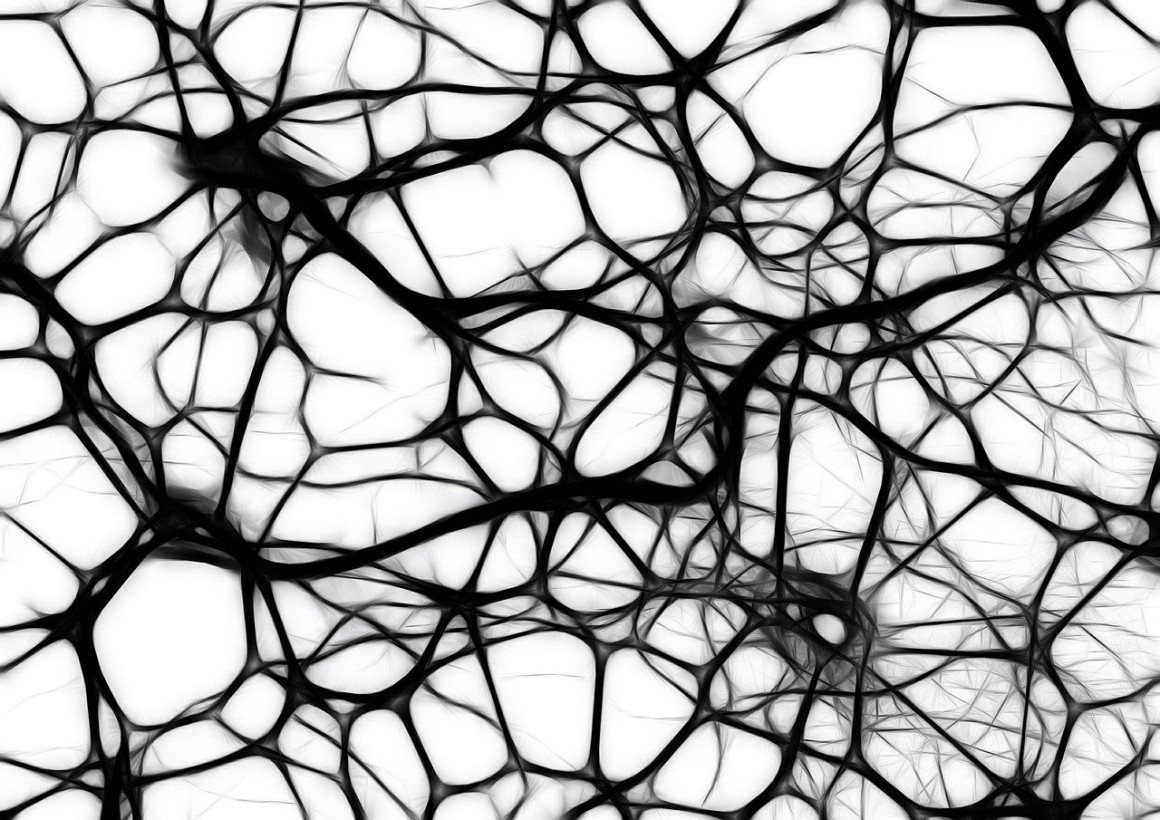Research on the effects of meditation on the brain has taken our understanding of the infinite potential to create the life of our own choosing to a whole new level. Since the discovery of neuroplasticity, the ability for new neurons to form in the brain, we have learned that our brains, and correspondingly, our behaviors could change. We learned that if the brain was damaged, it could regenerate new cells in the damaged area. Furthermore, function could also be recovered and restored following some types of brain injury. We’ve come a long way since the time when we thought that once heart cells were damaged they could not regenerate, or that damaged cartilage could not regenerate. Extensive research has shown that the plasticity of our bodies extends throughout our skeletal, muscular and neural systems, allowing regeneration of muscle cells, cartilage, and even nerve cells of the brain.
Not only have we found that our bodies have incredible regenerative powers to restore and heal damaged areas. We have also found that the body has great potential to promote new cell growth in areas that have not been damaged, but are simply needed for new functions. We are all quite familiar with the concept that if we go to the gym and begin to work out our muscles, new muscle cells will grow to a visible extent. We know that we can increase cardio-pulmonary function by increasing demand on the cardio-respiratory system through aerobic exercise. Now we are finding that the practice of mindfulness meditation can improve the strength and the function of our brains. Depending upon what we practice, the result of these changes can result in improved quality of life, better health and emotional well-being, reduced stress, improved sleep, and even better relationships.
The neural structure of our brains is affected by meditating, with growth occurring in both grey matter and white matter, as well as in specific regions of our brain. Studies have shown that with a regular meditation practice, we see growth in regions of the brain responsible for regulating cognitive and executive function, memory, the capacity for self-regulation and self-control, emotions, and much more.
Researchers are discovering that not all forms of meditation produce the same effects on our brains or behavior. Different meditation practices differently affect the growth and potential of different brain parts. Dependent upon what we practice we cultivate different abilities. If we focus on sensations of loving compassion, as in vipassana meditation, we cultivate growth of neurons in the amygdala, responsible for emotional regulation. If we focus on repeating the words of a mantra, as in transcendental meditation, we see growth in the parts of the frontal cortex responsible for processing words. If we practice focusing on a state of ecstatic joy, we see development of the reward centers of the brain, such as the nucleus accumbens, which regulates feelings of pleasure and joy. When we spend time focusing intensively on the sensate experiences of our body, as in yoga nidra, we see activation of the parts of our brain known to regulate interoceptive awareness, such as the anterior cingulate cortex. This type of self-awareness meditation has also proven to increase the ability for self-control and self-regulation. With meditation, as with other practices, what you practice is what you get.
While scientists and practitioners alike are finding that even with only a few weeks of practice, and in some cases, even a single practice, we can experience measurable changes, we are also finding that continued practice leads to continued growth, and behavioral changes that can permeate all dimensions of our lives. Dependent upon our mental practice and the specific focus of our meditation we can change our brains, and correspondingly our lives as we choose. The brain not only regulates and informs our quality of life, it is our experience of life. Research on meditation and other mind-body practices is finding that we can create the physical and emotional experience of our own choosing. The limits of this experience have not yet been defined.
Meditation is foundational in behavioral change. It is the practice of cultivating greater ease, peace, compassion, love, simplicity, clarity of thought, joy, bliss, abundance, whatever you choose to have in your life; whatever allows you to find the flow. Practicing meditation gives us the power to use our own minds to create the life of our own choosing. In this way, meditation allows us to be in the flow and to find and achieve our life’s purpose.




